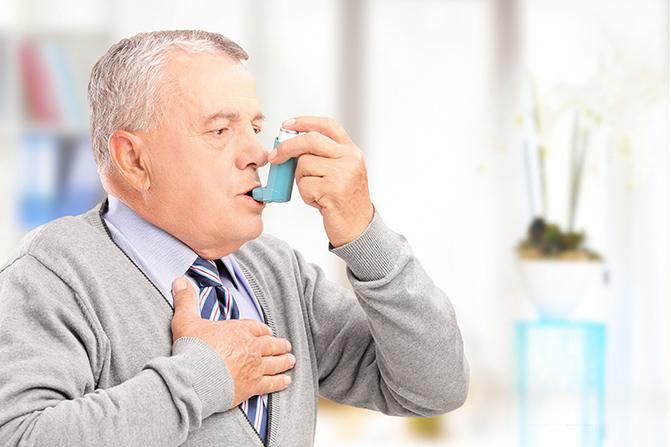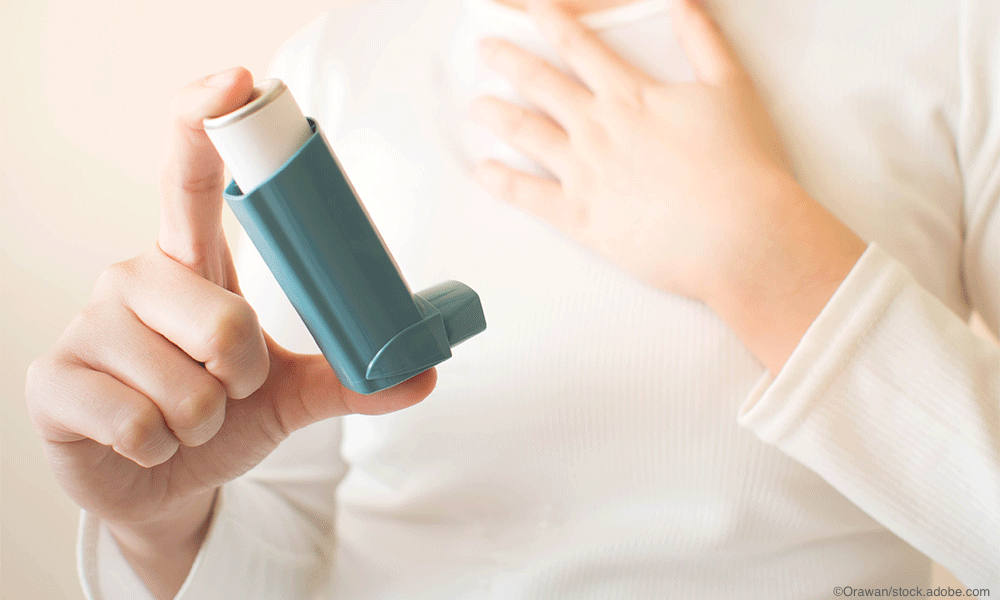Asthma in the Summer

Air quality and changing weather can sometimes wreak havoc on your ability to breathe. In particular, rising heat and humidity can make it more difficult to catch your breath.
Summer Asthma is usually triggered by the rise in temperatures and humidity levels. This could make one’s mild asthma act up. Hot temperatures could cause shortness of breath in an asthmatic person.
According to Asthma Org, hot summer weather can trigger asthma symptoms for some people too. Breathing in hot air can cause the airways to narrow, leading to coughing and shortness of breath. When it’s hot in summer, there are often higher levels of pollutants and pollens in the air.
Researchers in the American Journal of Respiratory and Critical Care Medicine, found out that a room temperature of about 71 degrees Fahrenheit did not trigger asthma symptoms, but breathing in super-hot air at 120 degrees F did. They concluded that summer asthma exacerbations could be due, in part, to heat stress that affects the physiology of your airways and leads to an asthma reaction.
Getting to know how to manage and take care of your asthma during even the hottest of days will let you enjoy your summer.

Tips for managing Asthma in the Summer.
- Be prepared. If you are certain you get summer asthma triggers, go to a doctor and let them advise and give you medication for the triggers. Have your asthma reliever medication with you at all times.
- Have a written asthma action plan. This will help you or anyone else with you know how to handle any asthma triggers during the hot temperatures. It’ll also be a guide on what to do if the symptoms get worse.
- Stay cool. If you know hot temperatures trigger your asthma, it’s very advisable for you to avoid them. These could be tough. Ensure you are in air conditioned places or going for a swim. You could also squeeze up all your outdoor activities to the morning part of the day when the temperatures are more cool.
- Keep your inhalers in cool places, away from direct sunlight.
- Go for regular asthma reviews.
- Be alert by constantly checking the Pollen Count and your local Air Quality Health Index. You could also download the “State of the Air” app, from the American Lung Association.
- Talk to your doctor. If different types of weathers trigger your asthma, get allergy medication for undiagnosed allergies and prescribing the right medication and dose considering each climate.
- Stay hydrated when outside in hot temperatures.
If you have a chronic lung condition, such as asthma or COPD, you may struggle even more with changing weather conditions. Contact us if you require additional support during the summer months or ongoing.
